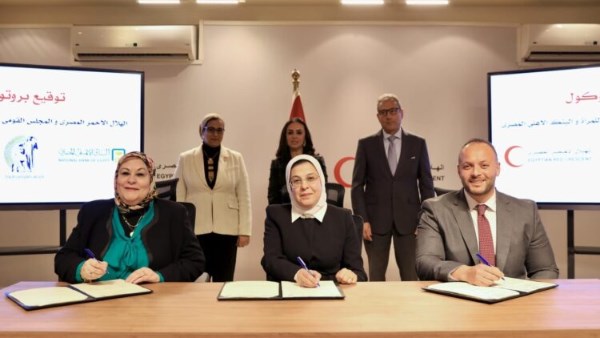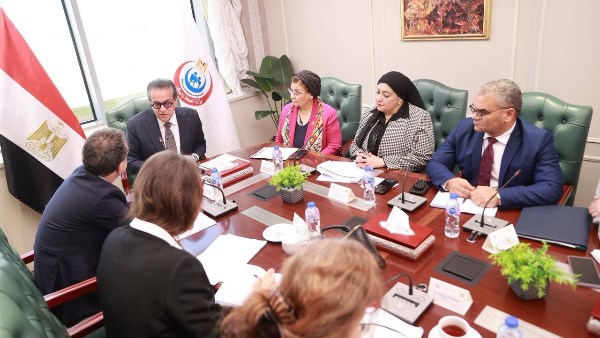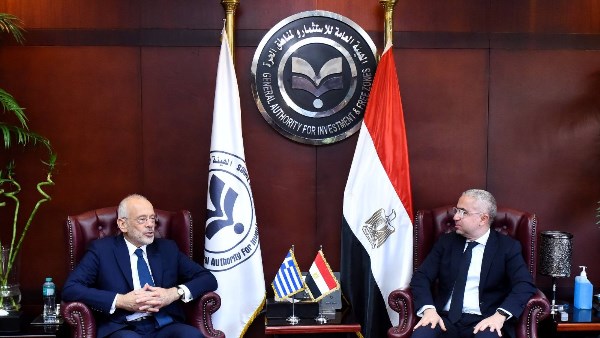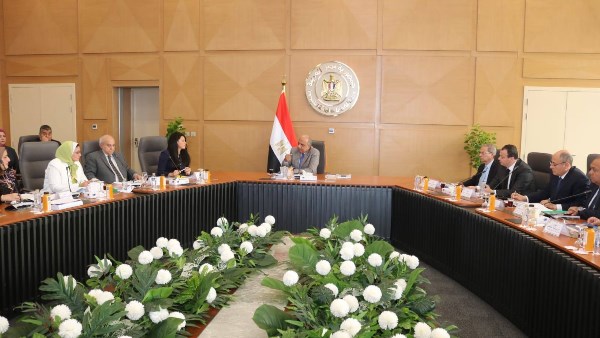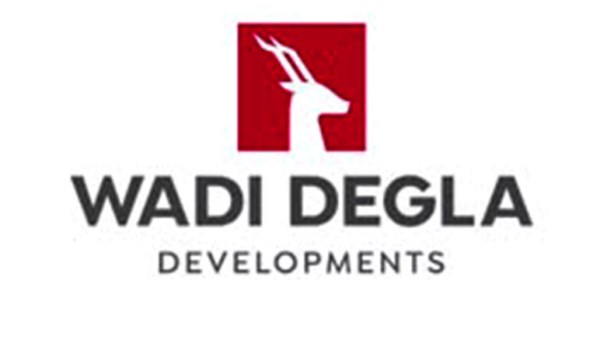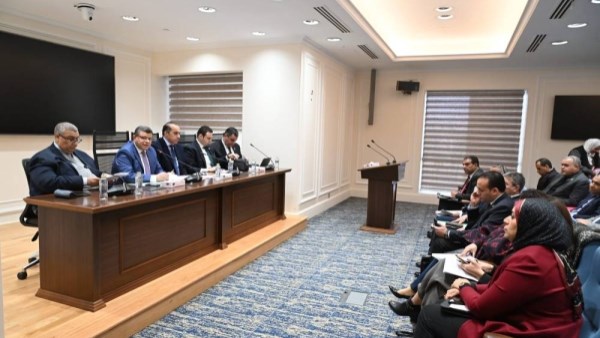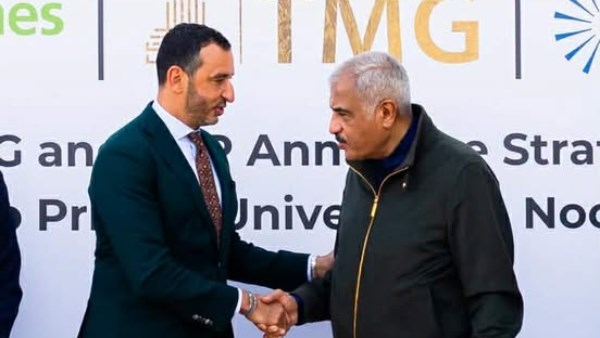
The initiative aims to develop solutions
Egyptian Food Bank Hosts Fourth Interactive Seminar in Bridging Evidence and Policy Series
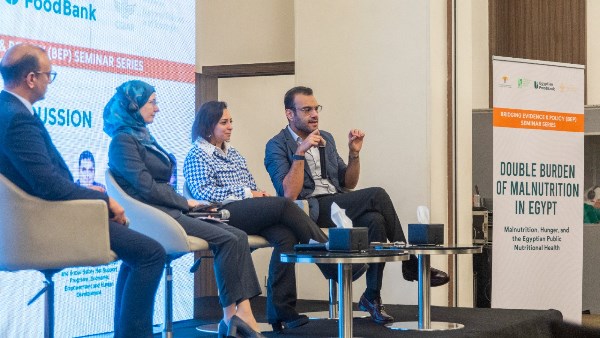
The Egyptian Food Bank, the region’s first developmental institution dedicated to providing healthy food for those in need, has hosted the fourth seminar in the series "Bridging Evidence and Policy" in collaboration with Sawiris Foundation for Social Development (SFSD) and the International Food Policy Research Institute (IFPRI).
This seminar, which focused on "The Double Burden of Malnutrition and Public Nutrition Health," is part of the CGIAR National Policies and Strategies (NPS) initiative. The initiative aims to develop solutions in collaboration with national institutions to support governments in transforming food, land, and water systems for sustainable development and a better future.
Prominent figures
The event witnessed broad participation from prominent figures in development and social policy. Attendees included Mr. Mohsen Sarhan, CEO of the Egyptian Food Bank; Dr. Sikandra Kurdi, Egypt Program Lead at IFPRI; Ms. Laila Hosny, Executive Director of Sawiris Foundation for Social Development (SFSD); Ms. Mays Abouhegab, Deputy Executive Director of SFSD; and Dr. Sahar Zaghloul, Professor Emeritus at the National Nutrition Institute and Member of the National Nutrition Sciences Committee. Additionally, representatives from international organizations, members of Parliament, NGOs, and the private sector were also present.
"Our partnership with Sawiris Foundation for Social Development and IFPRI enhances a scientific and systematic approach to development work, ensuring the delivery of impactful programs and services to Egypt’s most vulnerable communities," remarked Mr. Mohsen Sarhan, CEO of the Egyptian Food Bank. "Charity is not just driven by the heart; it also requires raising societal awareness, combating poverty, and supporting those in need through effective and sustainable means.” he added.
The dual burden of malnutrition
Echoing this sentiment, Dr. Sikandra Kurdi, Egypt Program Lead at IFPRI, stated, “We are pleased to collaborate with Sawiris Foundation for Social Development and the Egyptian Food Bank today, engaging experts to address the dual burden of malnutrition through the lenses of policy, research, and application. The discussion of determinants such as undernutrition and overnutrition in Egypt is vital, as well as exploring how research can inform policymaking."
For her part, Ms. Laila Hosny, Executive Director of SFSD said, “Sawiris Foundation is dedicated to empowering change agents in Egyptian development and fostering an evidence-based ecosystem aimed at reducing multidimensional poverty. We believe knowledge is power and the strongest driver of change." She added, “Our partnership today exemplifies participatory learning and collaboration to support policymakers and decision-makers in addressing multidimensional poverty in Egypt. We take pride in being a learning organization, constantly striving to improve our work, deliver better services, and create greater impact in society and the lives of the most vulnerable.”
The seminar tackled a pressing issue, the "Double Burden of Malnutrition in Egypt," highlighting the simultaneous challenges of undernutrition and obesity in the country. Around 14% of Egypt’s population faces food insecurity, while approximately 40% of adults suffer from obesity. Among children under five, about 18% are obese, and 22% experience stunted growth.
Discussions delved into the socioeconomic factors exacerbating this phenomenon, such as access to nutritious food, healthcare provision, early childhood development, poverty, education, and geographical disparities. The seminar underscored the importance of adopting evidence-based policies to address these complex challenges.
Evidence-driven socail programs
Furthermore, the dialogue highlighted the significance of designing evidence-driven social programs and emphasized the necessity of exchanging expertise among stakeholders from the public and private sectors, NGOs, and other actors. This collaborative approach aims to develop effective, practical solutions to persistent issues like malnutrition.
In closing, participants expressed optimism that these seminars will help build momentum for creating evidence-based programs and equipping NGOs and decision-makers with the tools to implement them effectively. The organizing entities are committed to sharing best practices, both globally and locally, in the field of social and developmental policies. Such efforts aim to transform program design and address nutritional challenges in Egypt.
Notably, the seminar featured contributions from government officials, academics, researchers, and representatives of NGOs and international development organizations, offering valuable insights on improving public policies related to food security and nutrition in Egypt amidst current challenges.
The Egyptian Food Bank was established in 2004 as a non-governmental organization aimed at achieving food security in Egypt, and for 20 years, the Food Bank has continued to support the underprivileged families in Egypt who face difficulties and challenges in obtaining sufficient, safe and nutritious food, which directly contributed to alleviating the suffering from hunger at the national level.





-1120252475029447.jpg)



